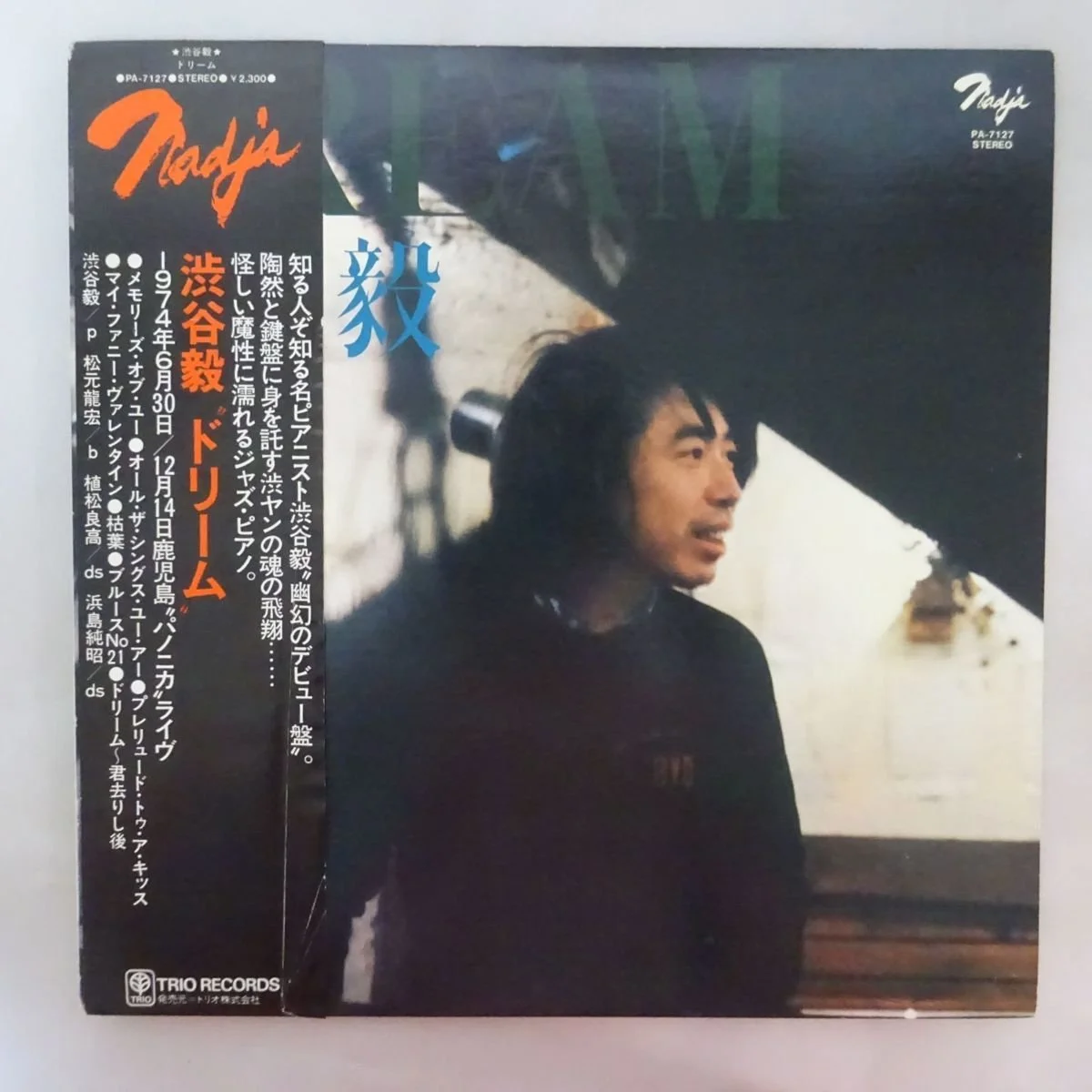CHAI – PUNK
Whatever happened to laughter
Often we (and by we, I suppose I mean I) seem to forget that serious art could exist purely to give its audience joy. So much serious writing about serious art is dominated by serious articles about serious works dealing with serious themes with little to no sense of humour. Gone are the olden days when comedies and tragedies were both seen as equally essential parts of the human condition: one wasn’t seen as being an inherently superior sort of story. Isn’t a Midsummer’s Night Dream just as important a part of the canon of English drama as the Tempest is? Isn’t As You Like It just as central as Coriolanus? Why now do we think of any artform related to joy and laughter as being inherently lowbrow, as opposed to those related to misery, brooding, self-loathing, and all things frowny? Do the creative aspire to be sad? Is it stoopid to hope one’s life will become happier? More joyous? Or to search for a sense of release in the art you consume? Surely it isn’t.
CHAI’s PUNK
I’m asking these questions because I’ve recently been revisiting one of my favourite albums from the last couple of years – CHAI’s PUNK. An idiosyncratic mix of dance, punk, and J-pop, the Nagoya four-piece’s second album is both a bundle of joy and a statement of rebellion against modern (mostly Japanese) society’s view of women. Of the several albums I’ve spoken about in the past few years, including the ones I’ve featured on Stranger Fiction, it’s one of the few that are outright joyous. I don’t deny that this bias for seriousness has something to do with me, but it also certainly has something to do with the arts in general.
It’s one of the oldest conversations in the creative world, this obsession with seriousness. (In fact, I’d argue it’s the second most common conversation creative types have after the age-old art vs. commerce one.) There are some good reasons for this focus on eyebrows, but only one that I personally really believe to be key. Most art is storytelling, and the centrepiece of every good story is conflict. Why would you care for a story about someone whose life is fairly easy at the start of it, and continues to be until the end? Unless you’re a fan of Sooraj Barjatya’s, you’re very likely to struggle to relate to a story that’s all happy happy joy joy for its protagonist. But for this, many of the reasons that dramas are taken more seriously hide a bunch of bad reasons. At risk of generalisation, I think a lot of creative types look at happy with suspicion. Maybe it’s because the expectation of conflict results in seeing happy as an unstable equilibrium. Or maybe it’s because we just genuinely see happiness as a more primal – and therefore less intelligent – emotion than melancholia or depression or betrayal.
Art vs. Entertainment
The source of this is perhaps the third most common conversation creative types have: the age-old art vs. entertainment one. At its centre is one question: what does the thing you create seek to do? As an answer, creative types look to a hierarchy of motivations: to move, to inform, to entertain, with ‘ to entertain’ being the lowest rung. Anyone who admits to thinking of their audience during the creative process is dismissed as either a luddite or a sellout [1]. Of all artists, the entertainer is seen as the lowest of the low: a critical pariah, a guilty pleasure, more concerned with a cheap laugh than with serious ‘work’.
This is all elitist hogwash, of course, and is the source of the most soporific sort of thinkpiece online: the one forcing some deep philosophical reading of a beloved comedy or cartoon or game, so some overeducated internet-person (such as myself) can justify to their overeducated internet-person friends why they like something ‘plebeian’ like the Office or Spongebob or Nintendo or the IPL. (I might have some misplaced anger about something: there is a lot more sarcasm here than usual.) I was going to write just that sort of article about PUNK. About how its critiques of a patriarchal society are hidden below a veneer of danceable electro-punk, making them more digestible. About how it packages a message of self-love in a way that withstands cynicism, because it asks why such a message needs to be spelt out at all. But this is the problem with creative types. We (but mostly I, I guess) aren’t happy with something just being happy, joyous, a celebration. It also has to mean something for it to be worth our time. It can’t just entertain, it must also inform and move, when the fact is, as a person who doesn’t understand Japanese, and who figured out the meaning behind the lyrics of PUNK after a fair bit of googling, the thing that first struck me most about this album, and continues to be its main draw, is that it’s fun. Simple, infectious, fun. In a way that almost no other record I’ve heard in the past few years is.
Choose go!
[1] There now seems to be a general movement in culture to have this hierarchy morph, with a greater emphasis being placed on educating than on emoting. This isn’t the platform for a conversation on why that’s happening and whether that’s a good thing: that’s a conversation for a political platform, and this isn’t one.













